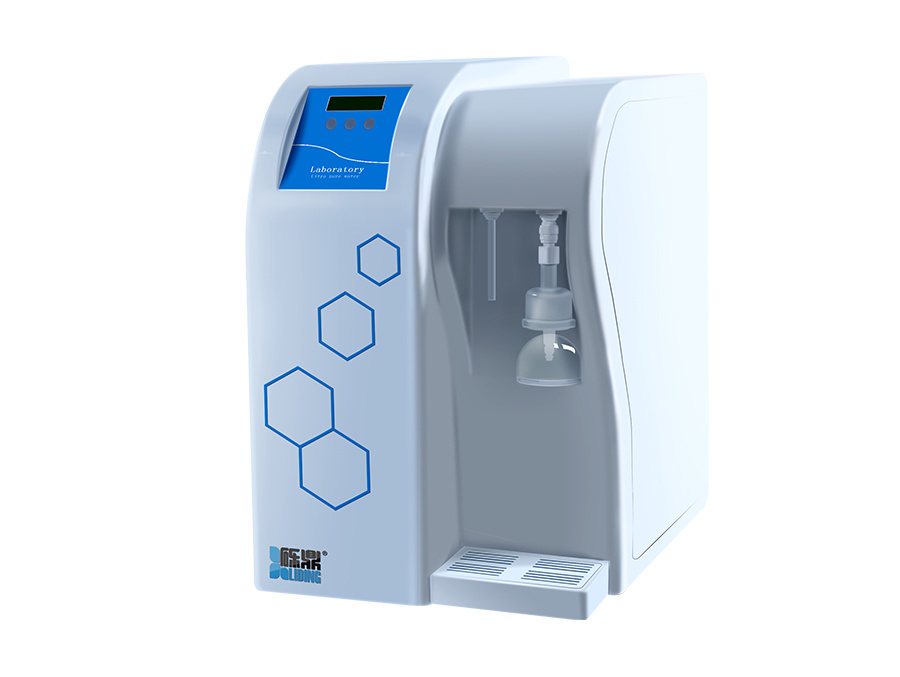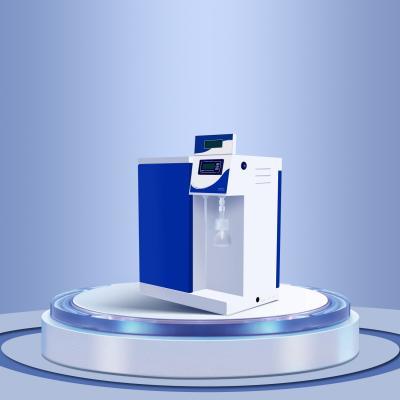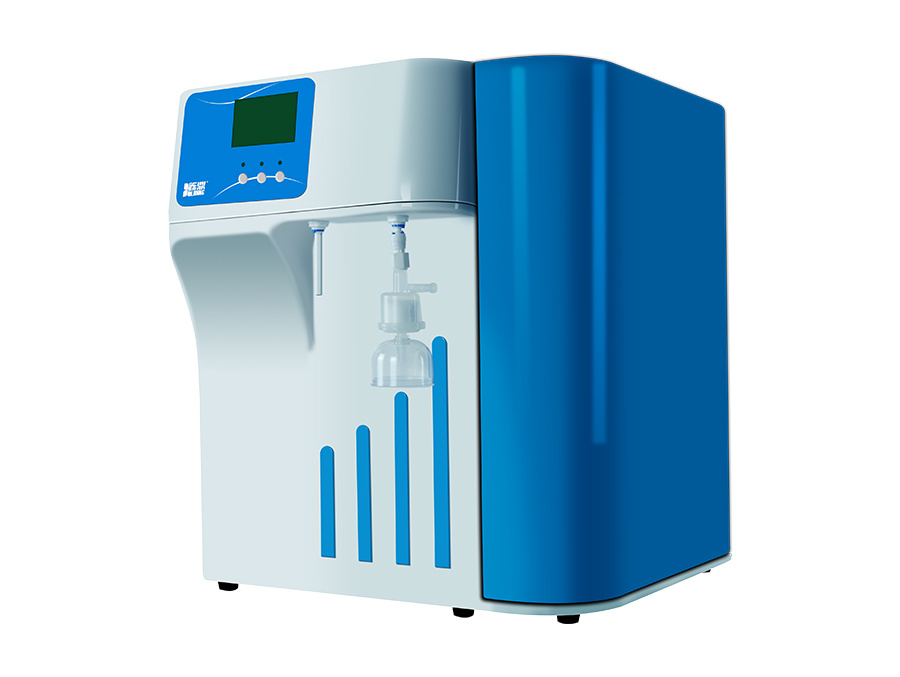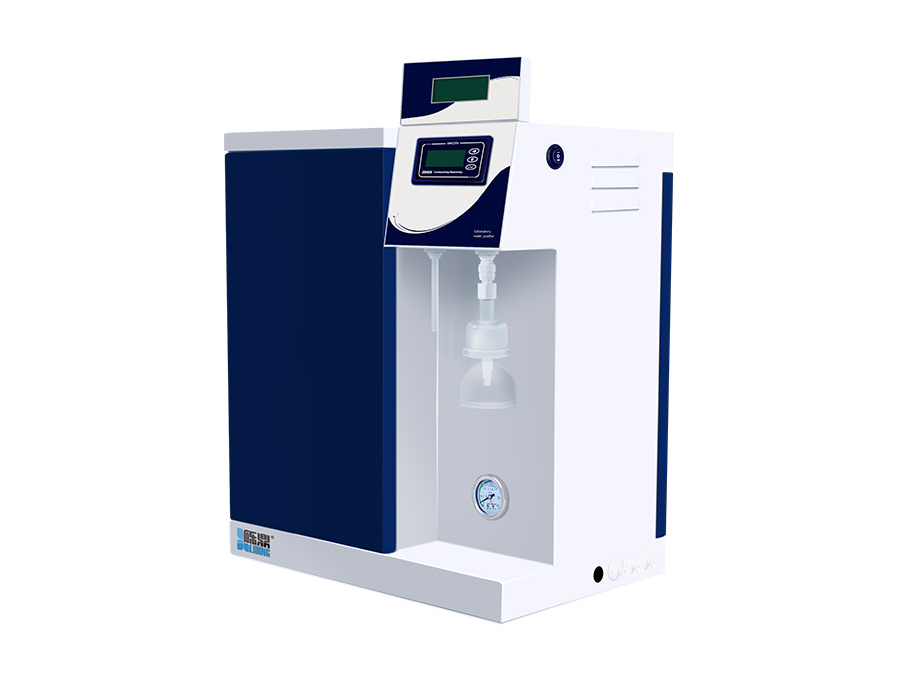Understanding the Importance of Ultra Pure Water in Electronics Production
Time:
Jul 31,2025
Understanding the Importance of Ultra Pure Water in Electronics Production
Table of Contents
1. Introduction to Ultra Pure Water
2. What is Ultra Pure Water?
3. The Role of Ultra Pure Water in Electronics Manufacturing
3.1. Importance in Semiconductor Fabrication
3.2. Relevance in Circuit Board Production
3.3. Contribution to Cleanroom Environments
4. Purification Methods for Achieving Ultra Pure Water
4.1. Reverse Osmosis
4.2. Deionization
4.3. Distillation
4.4. Advanced Filtration Techniques
5. Industry Standards and Regulations
6. Challenges in Maintaining Ultra Pure Water Quality
7. The Future of Ultra Pure Water in Electronics Production
8. Frequently Asked Questions (FAQs)
9. Conclusion
1. Introduction to Ultra Pure Water
In the realm of electronics production, the quality of water used in manufacturing processes cannot be overstated. **Ultra pure water** (UPW) is essential to ensure the functionality and reliability of electronic components. As industries increasingly prioritize quality and precision, understanding the significance of ultra pure water becomes crucial for anyone involved in electronics manufacturing.
2. What is Ultra Pure Water?
Ultra pure water is water that has been purified to an extremely high level, removing nearly all contaminants. This includes not only bacteria and particulates but also dissolved salts, organic molecules, and other impurities. The resistivity of ultra pure water is typically greater than 18 megohm-cm, indicating its purity level. Achieving such a high degree of purity involves advanced treatment processes that decompose and eliminate contaminants to satisfy stringent industry requirements.
3. The Role of Ultra Pure Water in Electronics Manufacturing
The production of electronic components involves several critical processes where ultra pure water is indispensable.
3.1. Importance in Semiconductor Fabrication
In semiconductor manufacturing, ultra pure water is used for various processes, including rinsing wafers after etching and cleaning. Any residues left on the semiconductor can lead to defects, impacting the overall quality and performance of the final product. Thus, the use of UPW is non-negotiable.
3.2. Relevance in Circuit Board Production
Circuit boards require meticulous handling, as any impurities can disrupt electrical pathways. Ultra pure water is essential for cleaning surface-mounted devices and preparing substrates, ensuring that the boards perform optimally in their intended applications.
3.3. Contribution to Cleanroom Environments
Manufacturing environments, particularly cleanrooms, depend on ultra pure water for maintaining sterile conditions. The use of UPW in cleaning surfaces and equipment helps minimize particulate contamination, which can have disastrous effects on sensitive electronic components.
4. Purification Methods for Achieving Ultra Pure Water
Several purification processes are employed to produce ultra pure water. Each method has distinct advantages and is often used in combination to achieve the desired purity level.
4.1. Reverse Osmosis
Reverse osmosis (RO) is a widely used method that employs a semi-permeable membrane to remove contaminants from water. By applying pressure, water molecules pass through the membrane while larger molecules and impurities are filtered out, resulting in high purity levels.
4.2. Deionization
Deionization (DI) is another critical process in water purification. It involves removing ionic contaminants through ion exchange resins. This method is essential for achieving the low conductivity levels required for ultra pure water.
4.3. Distillation
Distillation involves boiling water and then condensing the vapor back into liquid. This process effectively separates water from impurities, including salts and heavy metals, making it a viable method for obtaining ultra pure water.
4.4. Advanced Filtration Techniques
Various advanced filtration techniques, including ultrafiltration and microfiltration, can also be employed to enhance the quality of water. These methods utilize specialized membranes to remove fine particulates and microorganisms, ensuring the water meets strict purity standards.
5. Industry Standards and Regulations
The electronics manufacturing sector is governed by rigorous quality standards, including the International Organization for Standardization (ISO) and the American National Standards Institute (ANSI). These organizations set forth guidelines for water purity, ensuring that ultra pure water used in production meets the necessary requirements for safety and performance.
6. Challenges in Maintaining Ultra Pure Water Quality
While the importance of ultra pure water is clear, maintaining its quality poses several challenges. Environmental factors, equipment maintenance, and the potential for contamination during use can all jeopardize water purity. Regular monitoring and stringent quality control procedures are essential to address these challenges effectively.
7. The Future of Ultra Pure Water in Electronics Production
As technology continues to evolve, the demand for ultra pure water in electronics production will only increase. Innovations in purification technologies and stricter regulations will shape the future landscape of UPW usage, ensuring that manufacturers can meet the ever-growing expectations for high-quality electronic components.
8. Frequently Asked Questions (FAQs)
8.1. Why is ultra pure water necessary in electronics production?
Ultra pure water is crucial in electronics production as even the slightest contamination can lead to defects in sensitive components. It ensures the reliability and performance of electronic products.
8.2. How is ultra pure water produced?
Ultra pure water is produced through a combination of purification methods, including reverse osmosis, deionization, distillation, and advanced filtration techniques.
8.3. What are the common contaminants in water used for electronics manufacturing?
Common contaminants include bacteria, particulates, dissolved salts, and organic materials, all of which can adversely affect electronic components if not removed.
8.4. What are the consequences of using impure water in electronics production?
Using impure water can lead to product defects, reduced performance, and even complete failure of electronic components, resulting in significant financial losses for manufacturers.
8.5. How often should ultra pure water be tested for quality?
Ultra pure water should be tested regularly—typically daily or weekly—depending on the manufacturing process and the volume of water used. Continuous monitoring systems are often employed to ensure compliance with purity standards.
9. Conclusion
The significance of ultra pure water in electronics production cannot be overstated. As technology advances and the demand for high-quality electronic components increases, the role of ultra pure water becomes even more critical. Understanding the purification processes, industry standards, and challenges associated with maintaining water quality will empower manufacturers to meet the expectations of an evolving market. **Investing in ultra pure water systems and practices is not just a necessity; it is a guarantee of quality in the competitive world of electronics manufacturing.**
RELATED NEWS








